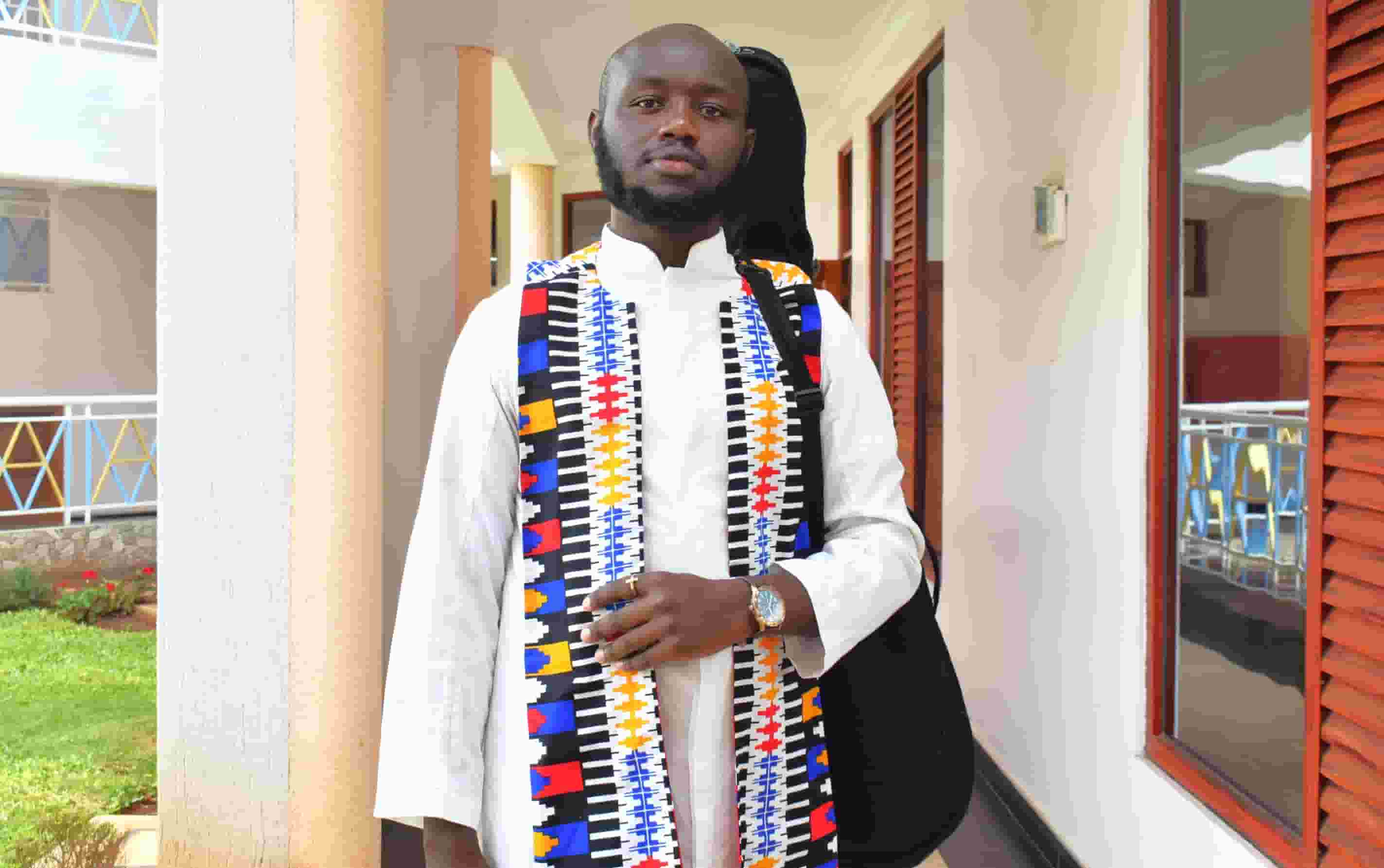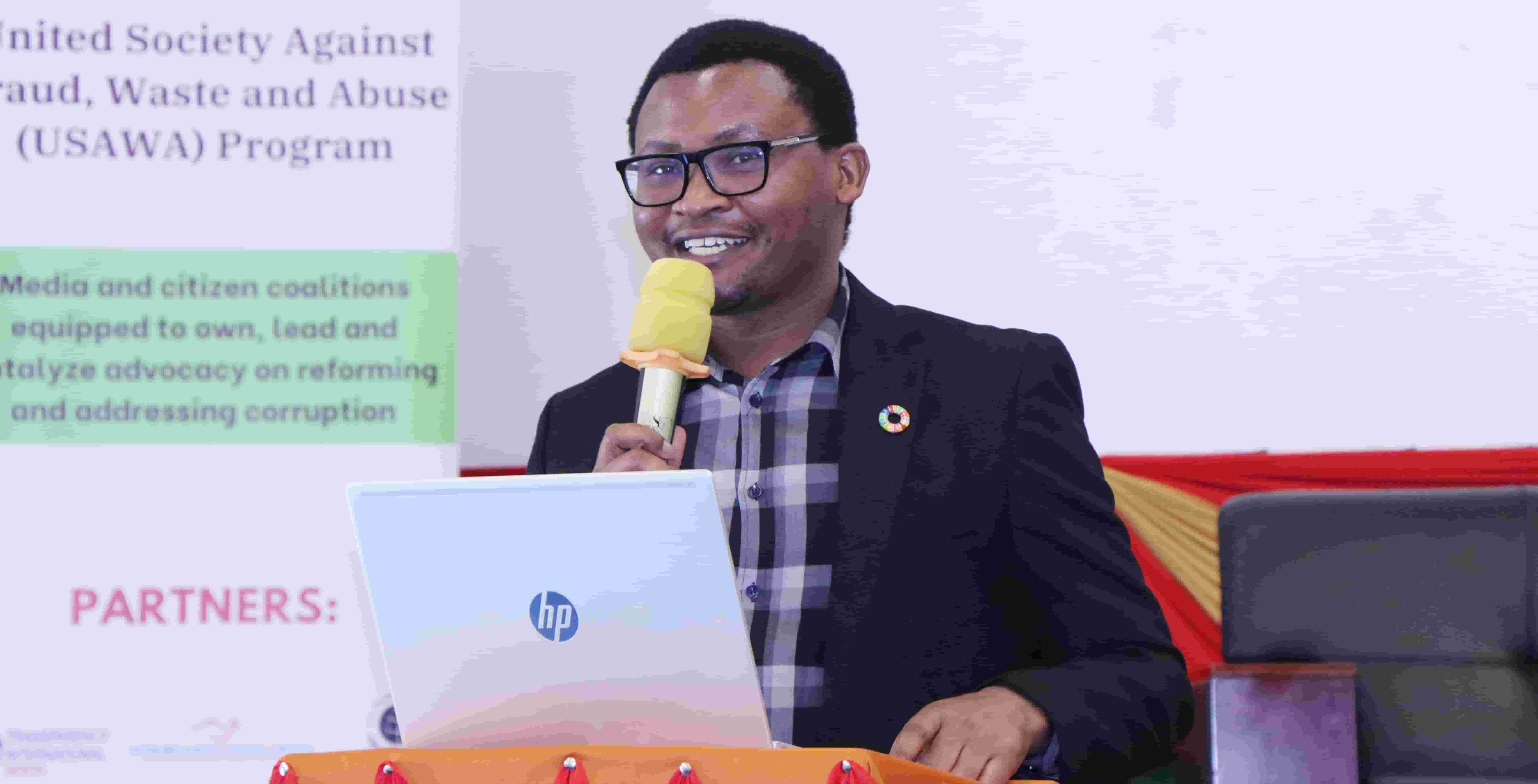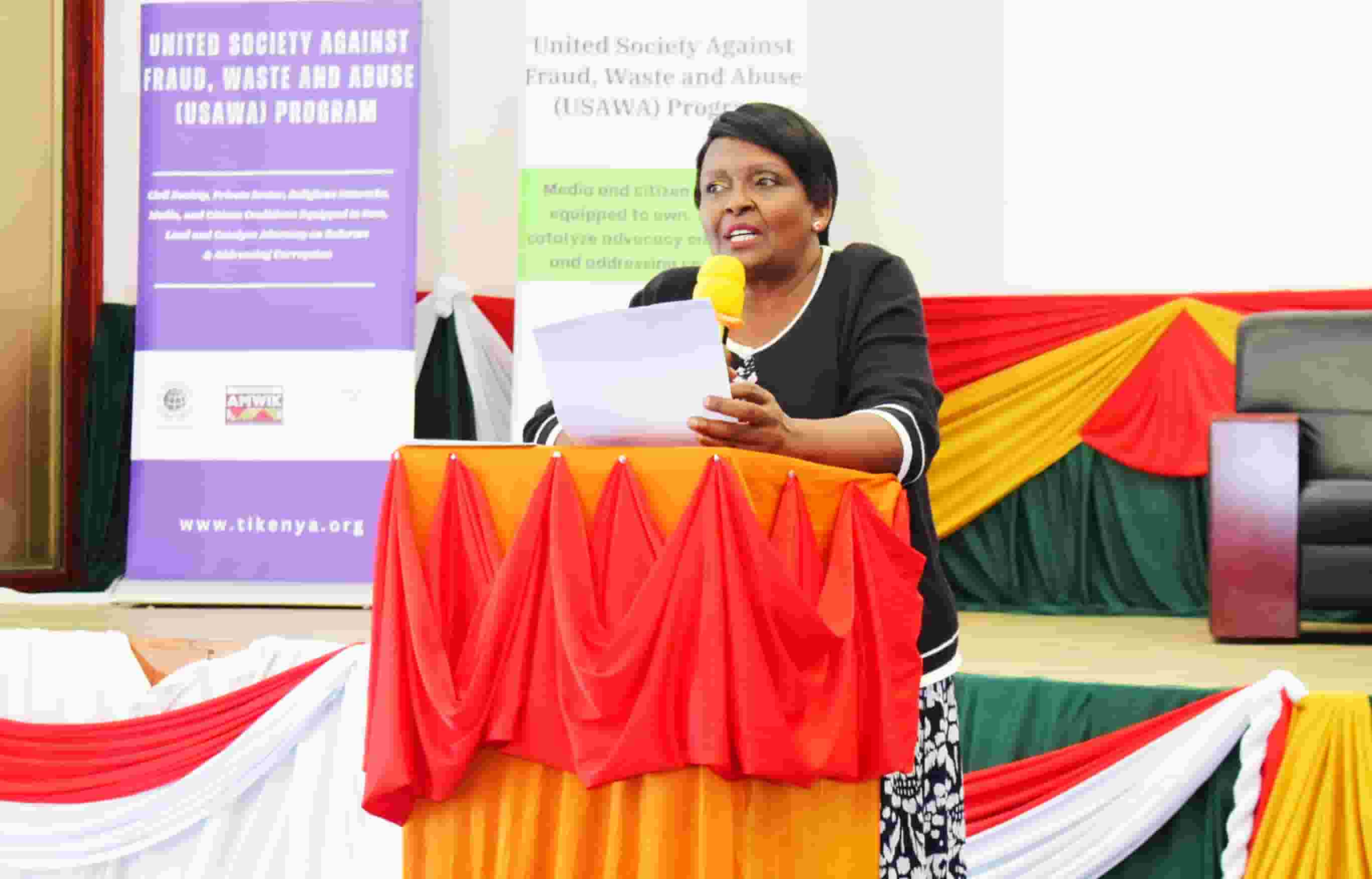- In the meeting, the AMWIK program coordinator Lorna Sempele implored the youth to use the tools available for them to agitate for social justice and fight corruption.
- Lorna said that corruption especially in the health sector is seriously affecting the youth and they should take the centre stage in exposing this through art.
On December 9, 2024, the Association of Media Women in Kenya (AMWIK) commemorated the international anti-corruption day in Nakuru with various stakeholders.
In the meeting, the AMWIK program coordinator Lorna Sempele implored the youth to use the tools available for them to agitate for social justice and fight corruption.
“The youth should use the new media to flag out corruption especially in the health sector. They should use vlogs, dance music and any other skill that can be expressed to fight corruption," she said.
Lorna said that corruption especially in the health sector is seriously affecting the youth and they should take the centre stage in exposing this through art.
Samuel Njoroge also known as Priest the Poet was among the artists who presented their work. He said there is divine power in the art of word, and when positive energies are shared with the people, they reciprocate.
Read More

He joined the creative industry at a young age as a thespian which culminated to him being a spoken word artist since 2018. The priest believes that politics is the bedrock of a country. He said for a people to have a better life they must be politically conscious.
“Through art, I felt I can awaken the citizens consciousness as I entertain, inform and educate," he opined.
Mr. John Ndirangu, the project coordinator Global compact, a local network of the united Nations (UN) Global Compact which also took part in organizing the event, said his organization helps the youth tackle corruption issues that affect them in business.

“Youth population is the most affected segment especially in business, because they are unable to pay kickbacks and win tenders," he said.
Ndirangu, said they are focused on implementing the tenth UN Global Compact which indicates that businesses should work against corruption in all its forms including bribery and extortion. This is aimed at creating a level playing field for every entrepreneur more so the youth.
A recent report released in 2023 by the Ethics and Anti-Corruption Commission (EACC) indicates that the health sector ranks second in corruption. It further observes that successful execution of healthcare projects is severely hampered by bribery, conflict of interest, favoritism, cost, manipulation, procurement plan distortion, and tender application manipulation.
The report lists Traffic Police, County Health Department, Police, County Education Department, National Transport and Safety Authority (NTSA), County Commissioner/Deputy/Assistant County Commissioner Office, Youth Fund Office, Public Service Commission (PSC), County Public, Service Boards, National Construction Authority (NCA) as the top ten most corrupt institutions in Kenya.
With these findings, Lorna advocates for the youth to expose any forms of fraud, waste and abuse to create a better healthcare system that will serve them better. According to Transparency International's 2023 Corruption Perceptions Index, Kenya is the 126th least corrupt country out of 180.
The discussions on corruption issues and the youth’s participation took center stage coinciding with this year’s theme, “Uniting with the Youth Against Corruption: Shaping the Future with Integrity,” emphasizing the importance of youth involvement in the fight against corruption.
The meeting was held in St Mary’s Pastoral training center in Nakuru, drew attendance from the media, human rights defenders, University students, community leaders and many other stakeholders.










